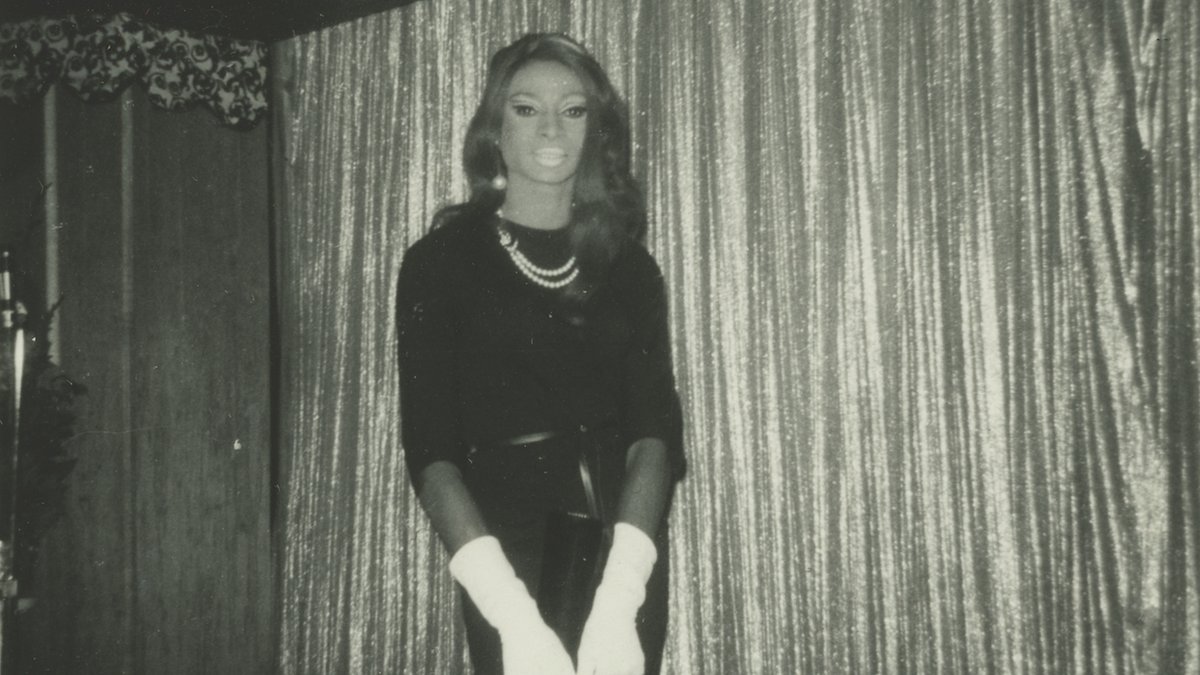It is #IndigenousHistoryMonth and this is the story of Sgt. Tommy Prince, one of Canada's most decorated soldiers.
Tommy Prince was born in Petersfield, Manitoba on Oct. 15, 1915. His family had a long military tradition, which he would carry in his adult life.
🧵1/8
Tommy Prince was born in Petersfield, Manitoba on Oct. 15, 1915. His family had a long military tradition, which he would carry in his adult life.
🧵1/8

Despite easily meeting requirements, he was turned down several times when he tried to enlist to fight in the Second World War.
He was finally accepted on June 3, 1940. Originally part of the Royal Canadian Engineers, he joined the Devil's Brigade in 1942.
🧵2/8
He was finally accepted on June 3, 1940. Originally part of the Royal Canadian Engineers, he joined the Devil's Brigade in 1942.
🧵2/8

Prince was highly skilled with covert abilities. In February 1944, he ran a communication line 1,400 metres to a house only 200 metres from a Germany artillery position. He spent three days reporting on German activities from that house.
🧵3/8
🧵3/8

When the line was severed by shelling, he pretended to be a farmer, went out and fixed it as he stooped to tie his shoes, then went back to the house.
His actions led the destruction of four German tanks by the Allies.
In the summer of 1944, he was given a new mission.
🧵4/8
His actions led the destruction of four German tanks by the Allies.
In the summer of 1944, he was given a new mission.
🧵4/8

He walked through rugged terrain without food or water for 72 hours to locate a German camp. He then relayed the location to the Allies, leading to the capture of 1,000 German soldiers.
He was one of only 59 Canadians to earn Military Medal & the American Silver Star.
🧵5/8
He was one of only 59 Canadians to earn Military Medal & the American Silver Star.
🧵5/8

Returning back to Canada, he was unable to vote in any elections & was refused the same benefits given to other veterans.
With no employment, he enlisted with the Princess Patricia's Canadian Light Infantry and began to train new recruits.
🧵6/8
With no employment, he enlisted with the Princess Patricia's Canadian Light Infantry and began to train new recruits.
🧵6/8

He was part of the first Canadian unit to land in Korea & during the war he led many patrols into North Korean territory. He launched sneak attacks before retreating.
He remained in the army until 1954, and then devoted himself to helping the Indigenous people.
🧵7/8
He remained in the army until 1954, and then devoted himself to helping the Indigenous people.
🧵7/8

He fell on hard times & was living out of a shelter at one point. He was also forced to sell his medals to feed his family.
He died on Nov. 25, 1977. More than 500 people, including Manitoba's Lt. Gov. attended his funeral.
He died on Nov. 25, 1977. More than 500 people, including Manitoba's Lt. Gov. attended his funeral.
• • •
Missing some Tweet in this thread? You can try to
force a refresh

 Read on Twitter
Read on Twitter





















